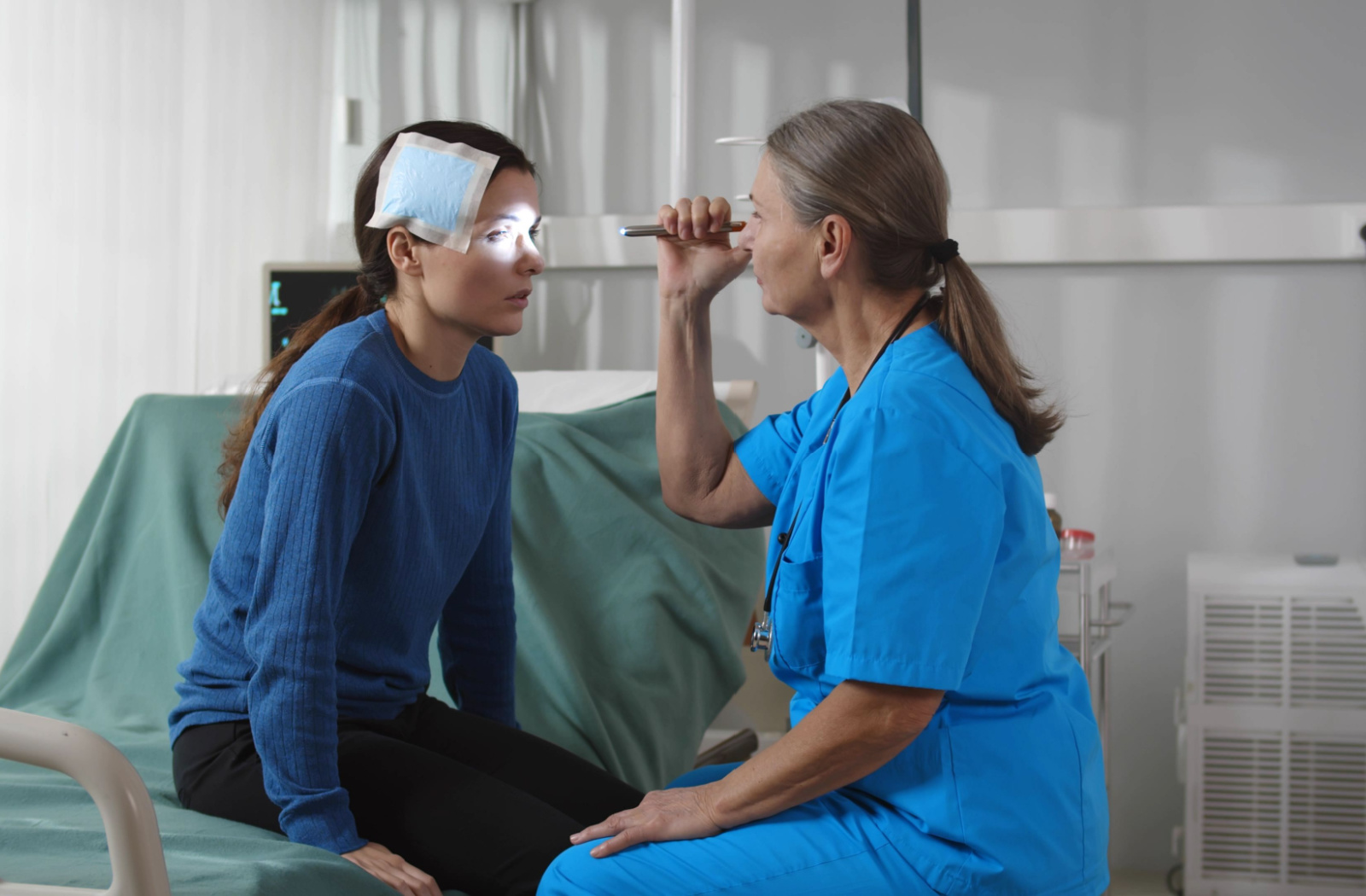
Understanding Modern Urgent Care Centers And How They Help Patients
It usually starts simple. A weekend fever. A child limping after a fall. No one wants to wait hours in a crowded hospital just to be told it is mild. That is how the Emergency Room and Urgent Care services became part of daily health. They are the quiet middle ground between panic and patience.
Typical walk-in reasons:
- Sprains, light fractures, small burns
- Cough, throat infection, stomach pain
- Ear pressure, allergy, or mild asthma
- Routine labs and travel vaccines
The idea is comfort mixed with readiness, care that fits inside normal life.
Knowing When It Is Enough For Urgent Care

Hospitals are built for danger; urgent care is built for speed. If the body feels off but not collapsing, start there first.
Think urgent care if:
- Pain stays steady but you can still move
- Fever runs high yet you can drink and talk
- Cuts stop bleeding after pressure
- You just need advice or a refill
If chest feels heavy, vision fades, or breathing stumbles like skip this list, go to ER. One clear thought can save ten anxious minutes.
How Technology Quietly Speeds Recovery
Walk in and you notice it like tablets, screens, small hum of printers. Everything feels lighter than hospital machinery.
Behind that calm:
- Digital X-rays instead of big film rooms
- Point-of-care labs that show results before you sit twice
- Shared records that follow you to specialists
- Online forms that end waiting-room paperwork
It is not fancy tech for show. It is tech that cuts the long pauses between worry and answers.
Having One Nearby Changes Everything
Distance matters more than people think. A clinic ten minutes away can stop fear from growing. You gain small but real comforts:
- No long drive at night
- Familiar staff faces
- Bills that do not shock
- A quieter room that lets you breathe
It feels less like entering a system, more like walking into help.
Small Habits That Prevent The Big Rush
Prevention rarely makes headlines, yet it keeps lives steady. A simple blood-pressure check, a sugar test, or one flu shot does quiet miracles.
Watch out for:
- Skipping follow-ups because work is busy
- Ignoring pain that keeps returning
- Forgetting sleep, hydration, sunlight
Emergencies grow from patterns left unchecked. Keeping them small is the real victory.
Understanding Care Options Builds Calm
Awareness does what medicine cannot, it steadies thought. People who know how Emergency Room and Urgent Care services work move faster, explain better, and help others do the same. It is not knowledge for experts; it is everyday wisdom. And in health, wisdom is always faster than fear.


